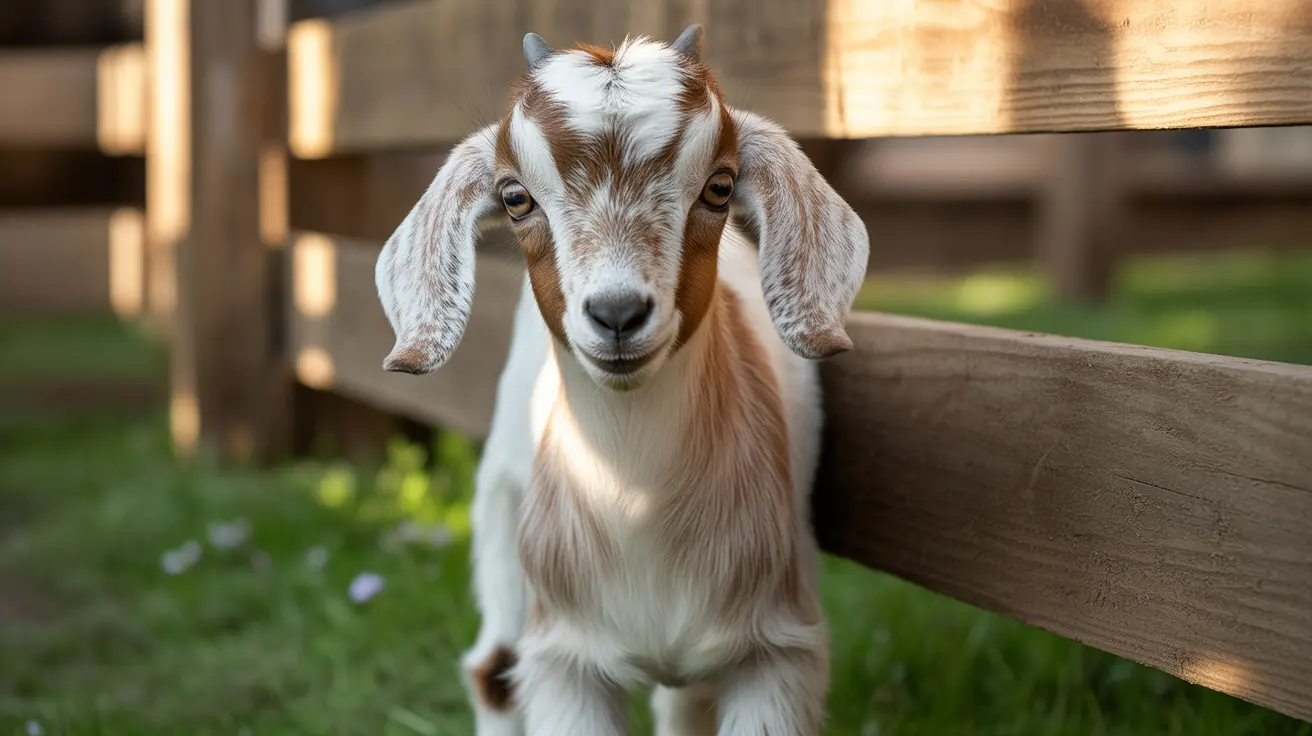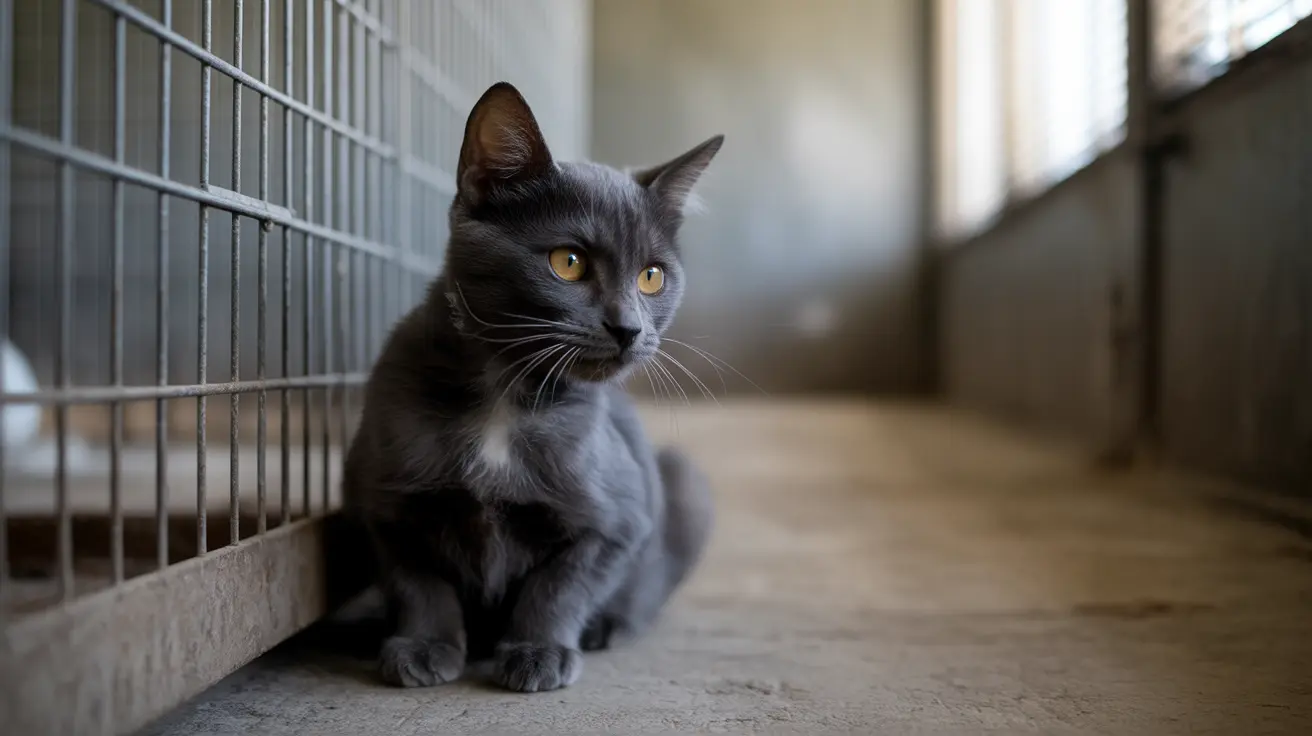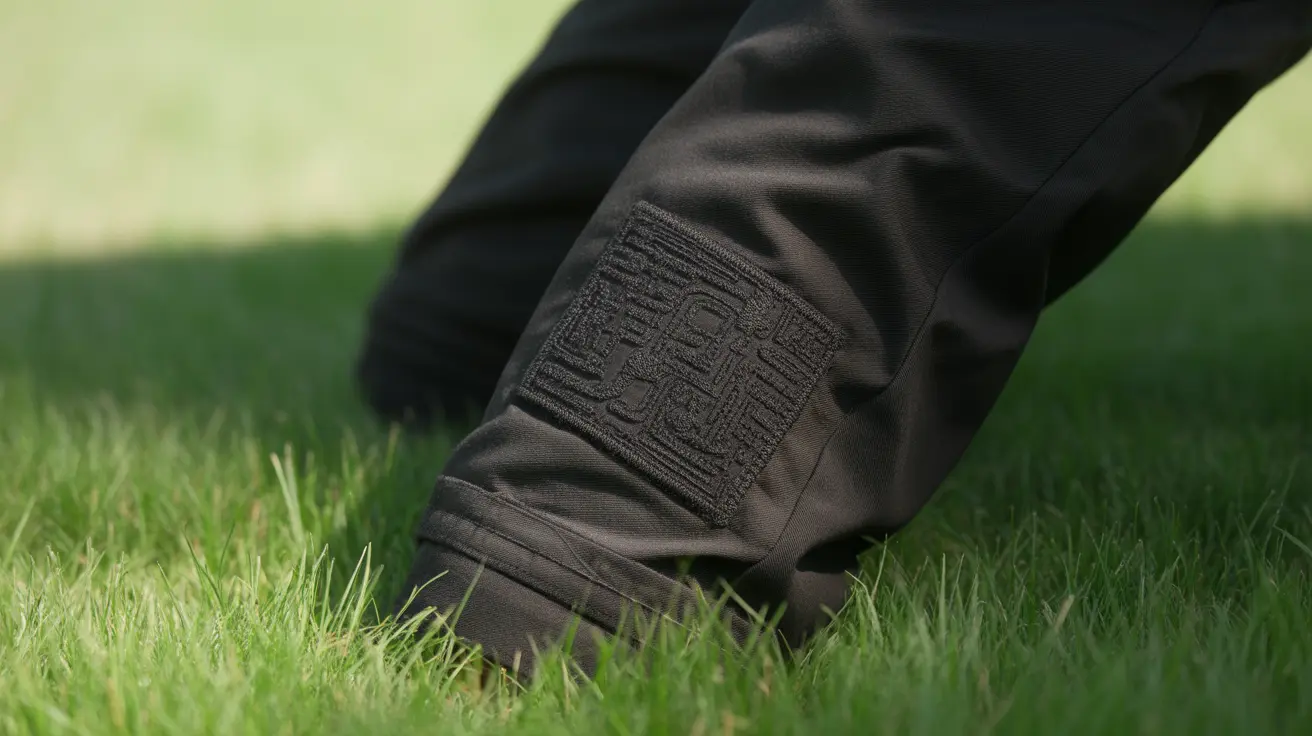Can Dogs Eat Vanilla? What Every Dog Owner Needs to Know
Many dog owners enjoy sharing treats with their furry friends, but it’s essential to know which ingredients are safe. One common question is whether dogs can eat vanilla. The answer is not as straightforward as it seems. While some forms of vanilla are relatively safe in small amounts, others pose serious health risks to dogs. Let’s explore this topic in depth.
When Vanilla Can Be Safe for Dogs
In certain limited circumstances, a small amount of vanilla flavoring may be safe for dogs:
- Cooked vanilla in baked goods: When vanilla extract is used in baked cakes or treats and thoroughly cooked, the alcohol content typically evaporates, making it safer. A tiny piece of plain sponge or vanilla cake—on rare occasions—may not harm your dog, especially if it doesn’t contain other toxic ingredients.
- Dog treats with vanilla flavoring: Some commercial dog treats include harmless, artificial vanilla flavoring that does not contain alcohol. These are generally safe so long as they are made for canine consumption.
When Vanilla Is Harmful or Toxic
While the flavor itself isn't toxic, certain forms of vanilla can be dangerous due to their alcohol content or how they are prepared:
- Pure vanilla extract or essence: These contain high levels of ethanol, a type of alcohol. Even a small amount can be toxic to dogs, potentially leading to symptoms like vomiting, diarrhea, slowed heart rate, and even seizures or coma in severe cases.
- Unbaked batter or treats with extract: Because baking evaporates the alcohol, uncooked treats or dough containing vanilla extract should never be given to dogs.
Other Cake Ingredients That Harm Dogs
Even if the vanilla is safe, other ingredients in human cakes and desserts are not. Dogs should avoid:
- Chocolate: Contains theobromine, which is toxic to dogs.
- Xylitol: A sugar substitute that can drastically lower blood sugar and cause liver failure.
- Macadamia nuts: Known to cause weakness, vomiting, and tremors.
- Raisins and grapes: Can lead to acute kidney failure.
- Nutmeg and alcohol: Even in small traces can be dangerous.
- Dairy-based frostings: May cause digestive upset due to lactose intolerance.
Risks of Vanillla-Flavored Human Cakes
Feeding dogs even small servings of vanilla cake on a regular basis can result in:
- Digestive upset: Vomiting and diarrhea are common reactions.
- Long-term health issues: Obesity, dental disease, pancreatitis, and diabetes.
- Behavioral problems: Encourages begging and poor eating habits.
Safe Alternatives to Vanilla Cake for Dogs
If you want your dog to enjoy special occasions with you, consider these alternatives:
- Plain cooked lean meats: Chicken or turkey without seasoning make excellent treats.
- Vegetables and fruits: Carrots, sweet potatoes, pumpkin, and apples (cored and seeded) are safe and healthy.
- Dog-specific cakes or “pupcakes”: These are made from safe ingredients like oat flour, banana, or pumpkin with minimal sweeteners.
What to Do If Your Dog Eats Vanilla
If your dog accidentally ingests vanilla or cake that may contain harmful ingredients:
- Identify ingredients: Determine if the cake contained any toxins like xylitol or chocolate.
- Monitor symptoms: Watch for vomiting, diarrhea, lethargy, or weakness.
- Provide care: Withhold food for 12-24 hours if symptoms are mild and provide water.
- Seek veterinary help: If symptoms worsen or if toxic ingredients were consumed, contact a vet immediately.
Conclusion
Dogs can eat a little bit of vanilla—when it’s part of cooked goods and free from alcohol and other harmful ingredients. However, it’s always safest to avoid sharing human desserts altogether. Sticking to dog-specific treats ensures you make responsible, health-conscious choices for your pet.





